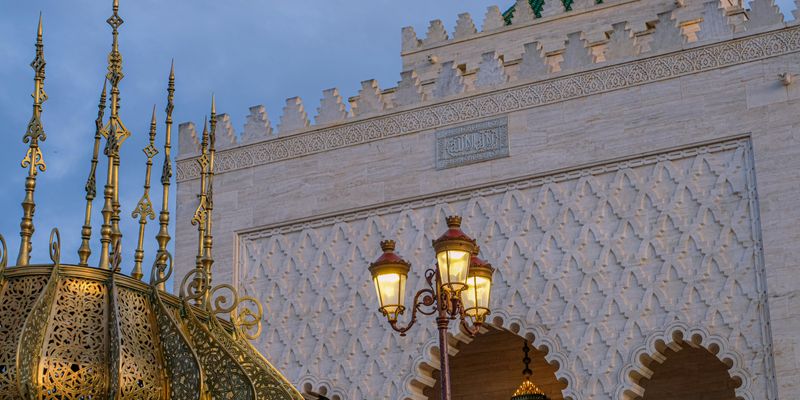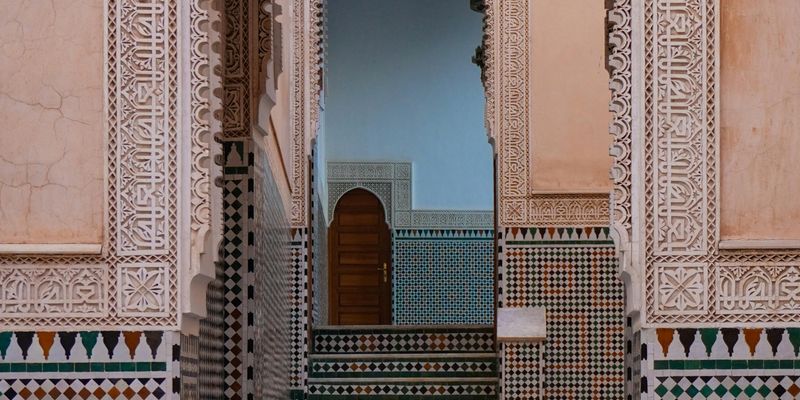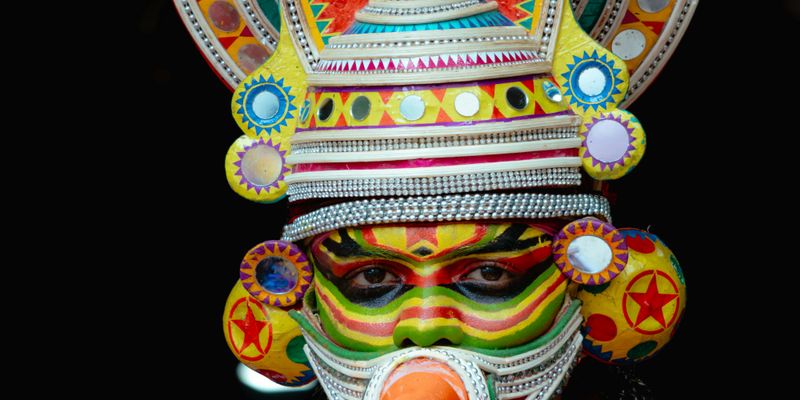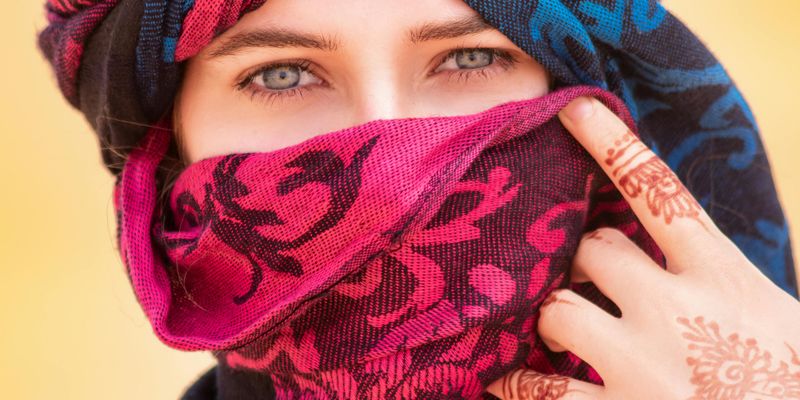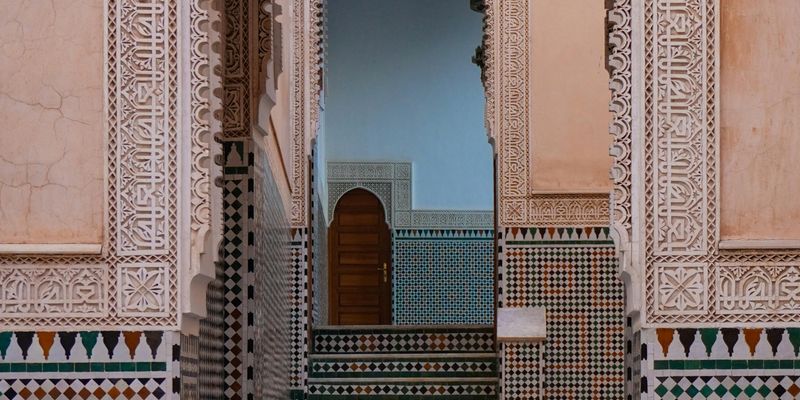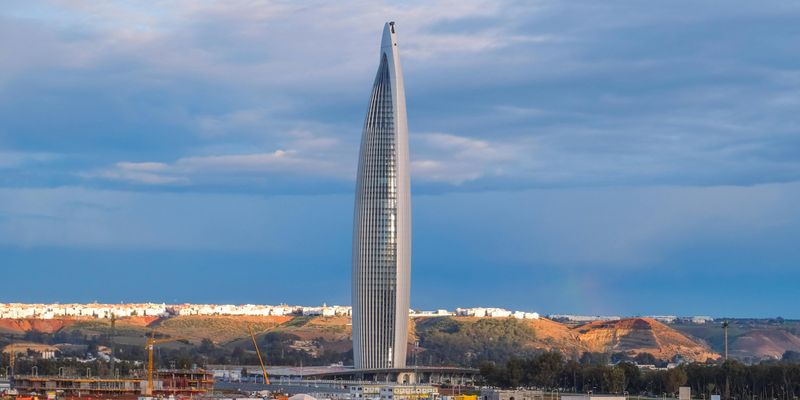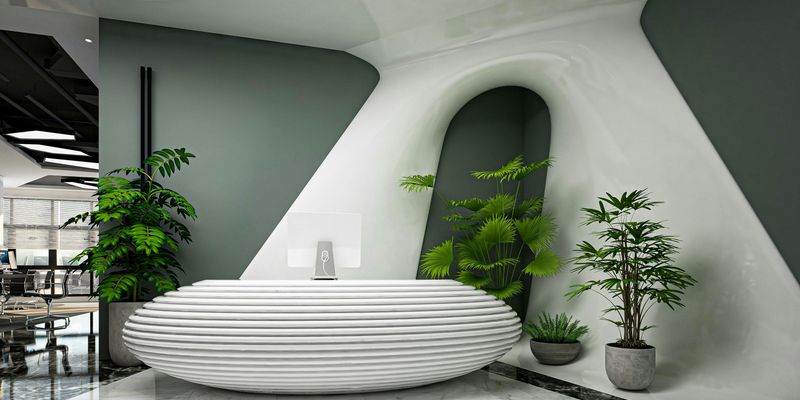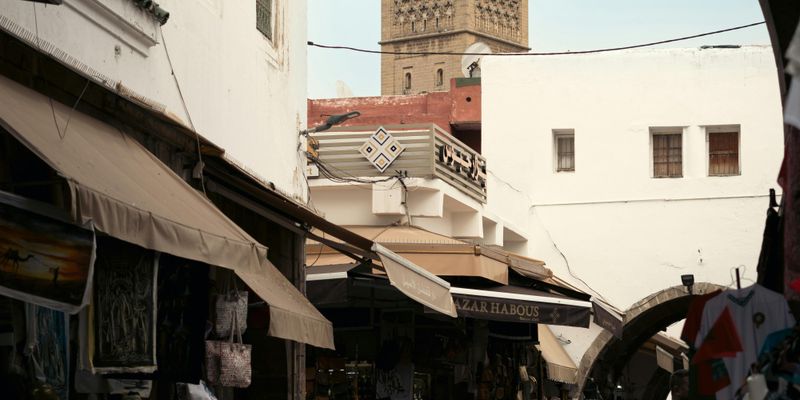
Introduction
When one thinks of Morocco, it’s easy to conjure images of vibrant souks, the aroma of spices wafting through the air, and the stunning landscapes that transition from desert dunes to lush mountains. However, at the heart of this beautiful country lies a rich tapestry of Islamic culture that is not only captivating but is also a must-do experience for every traveler who ventures to this magical land.
The Heritage of Islamic Culture
Morocco is a true melting pot of cultures, but the Islamic influence is perhaps the most profound. With a history that stretches back over a millennium, the presence of various dynasties has left a lasting legacy that can be seen in the architecture, art, and daily life of Moroccans today.
Walking through the streets of any Moroccan city, particularly Fes or Marrakech, you will find stunning examples of Islamic architecture. The intricate tile work known as zellij (a form of mosaic) adorned with colorful geometric patterns tells stories through its symmetry and beauty. The magnificent mosques, such as the iconic Koutoubia Mosque in Marrakech, not only serve as places of worship but also stand as architectural marvels that dominate the skyline.
The Role of Hospitality in Islamic Culture
One of the most unique aspects of Moroccan Islamic culture is its emphasis on hospitality. It’s not uncommon for visitors to be drawn into a local home for a cup of mint tea, or atay, where they will experience an authentic taste of Moroccan life. Sharing food and drink is a fundamental part of the culture, deeply rooted in Islamic traditions that stress the importance of community and generosity.
During my travels, a local family invited me to enjoy a traditional meal, consisting of tagine and couscous, prepared with fresh ingredients from their market visit earlier that day. The warmth of their hospitality provided not just a meal but a deeper connection to the values that guide Moroccan life.
Cultural Festivals: Celebrating Islamic Traditions
Morocco’s vibrant Islamic culture is also showcased in its many festivals and celebrations. Events such as the Mawlid, which celebrates the birth of the Prophet Muhammad, bring communities together, showcasing traditional music, dance, and art. Witnessing a Moroccan wedding is another incredible way to experience Islamic culture—these grand festivities are filled with colorful attire, stunning jewelry, and ample feasting, showcasing the importance of family and tradition in Moroccan society.
Art and Calligraphy
Islamic art in Morocco is a reflection of devotion and creativity, often found in the form of beautiful calligraphy and intricate geometric motifs. The art of calligraphy is highly respected, serving as visual expressions of faith and emotive storytelling. Visitors can explore local art galleries and workshops in places like Essaouira where artisans create magnificent pieces that celebrate both religious and cultural themes.
Conclusion
In discovering the rich tapestry of Islamic culture in Morocco, one cannot help but be inspired by the traditions, hospitality, and artistry that permeate the fabric of everyday life. Each aspect of the culture, from the stunning mosques to the flavors of the cuisine, contributes to a unique experience that is both educational and enriching.
So, whether you are wandering through the narrow alleyways of Fes' medina, savoring the delightful taste of Moroccan dishes, or immersing yourself in the vibrant festivals that celebrate the Islamic heritage, you will find that Morocco is a treasure trove of cultural gems waiting to be discovered.
